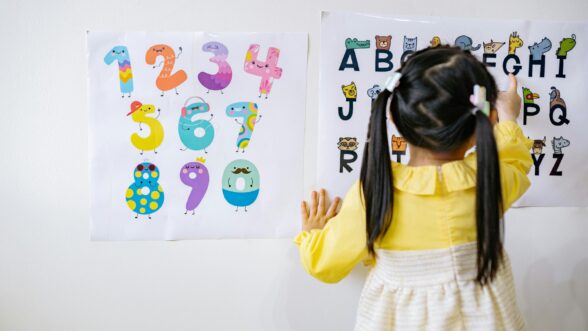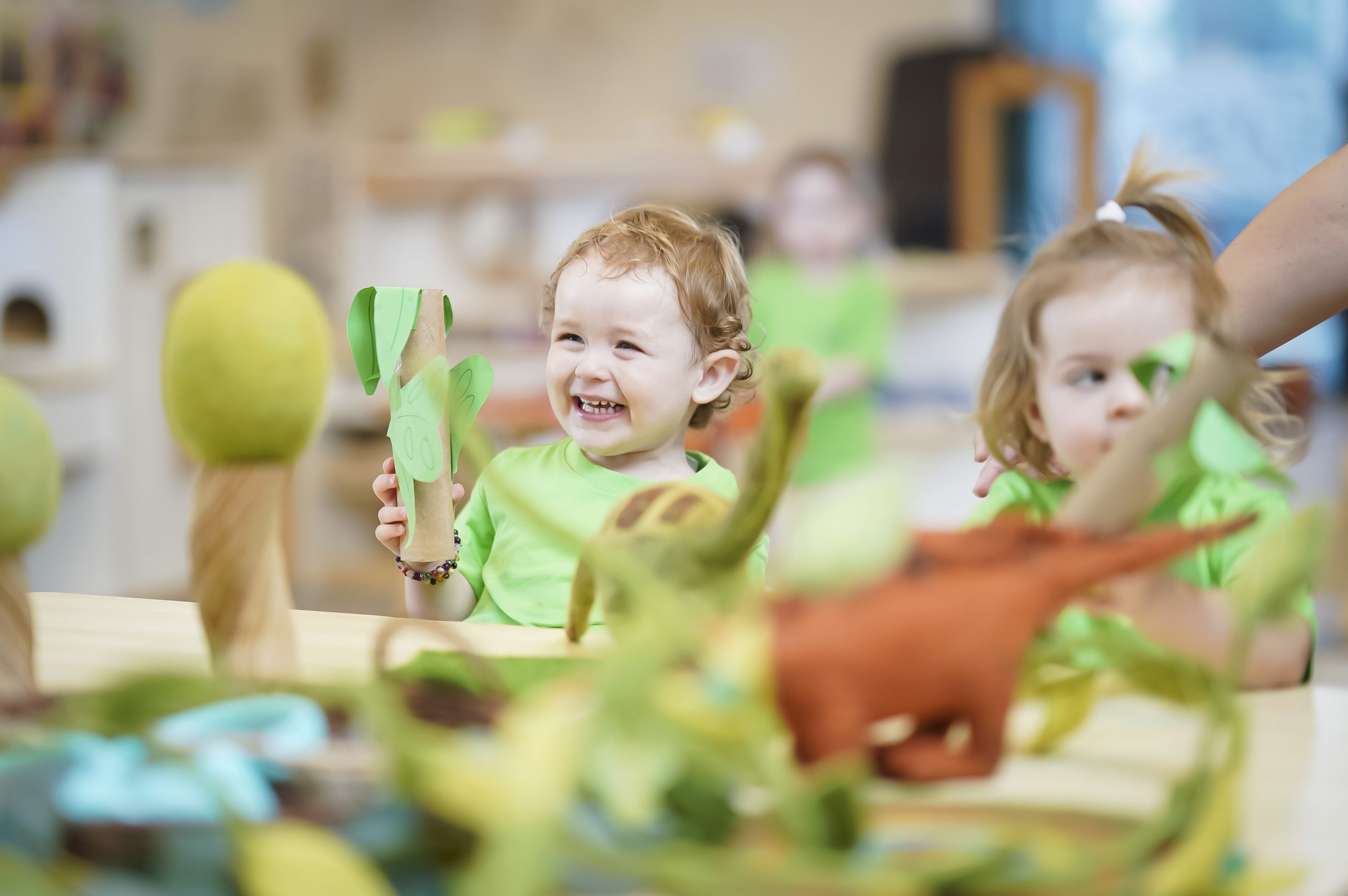
Education, Parenting Resources
Education
25 March, 2025

Remember that old refrain: “If at first you don’t succeed, try, try again…” The buzzword these days is resilience, but it’s basically the same thing. We’re trying to give children the ability to adapt to challenges or setbacks. It’s an essential skill for life and for learning. Children need to be willing to try and to fail, to keep on going when things are hard and to understand that life won’t always go their way. So how do we go about building resilience in children?
Let them fail
This sounds tough, but bear with me. We’ve all seen children crumble at the first signs of adversity or lose their cool over something small. What is considered reasonable behaviour for a toddler is not so acceptable in an older child, so we need to build their ability to fail with grace. We need to help kids to develop childhood resilience. The best way to do that is by giving children lots of opportunities to fail and letting them see that it’s ok. Failing can be tough at first, but it becomes easier. Why do we want kids to be ok with failing? Because if they’re too scared to fail, they might never try.
Building a supportive environment:
Experts agree it’s important for children to have a positive mindset and a network of people who support and encourage them to help them build childhood resilience. Children who feel loved and valued by their parents and carers are more confident to try new challenges, safe in the knowledge that failing won’t change that love and acceptance. Setting limits helps ensure children can fail in safe ways with consequences that are appropriate for their age and development, for example, encouraging them to play on playground equipment that’s built for their size.
Promoting independence and self-efficacy:
Empowering children to take initiative and make decisions shows you trust them. It helps build their self-worth and confidence to try new experiences and tackle challenges. So let your child put their shoes and socks on themselves. If their socks end up mismatched or inside out, it doesn’t really matter and the boost to their confidence will be worth it – you’ll be on your way to raising resilient children. You can also give children responsibilities for small household chores and encourage them to try new tasks independently, such as cutting and pasting or making playdough shapes. Building towers with blocks, making a track with Dominoes and building sandcastles are all great resilience activities for kids.
Encouraging problem-solving skills:
Equipping children with the skills to solve problems gives them the chance to succeed and success gives them the confidence to keep trying so they can succeed again. So, resist the urge to step in and solve your child’s problems for them. Encourage them to have a go themselves or help them brainstorm potential strategies and support them while they try them out. Here are some more ideas for problem solving activities to help kids build their childhood resilience.
Teaching emotional regulation:
A big part of teaching resilience in early childhood is helping children to identify and manage their emotions. Reading picture books about feelings together is a great way to introduce the idea of emotions to children and start a conversation with them about their own feelings. Being able to name their feelings can help them to understand their emotions and learn how to respond to different situations. Taking time to do mindfulness activities or using the Smiling Mind app can also help children process their emotions, which is an important part of building resilience in children.
Support at Edge Early Learning
Talk to the educators at your local Edge Early centre for more tips on how to build resilience in children. We’re here to help.